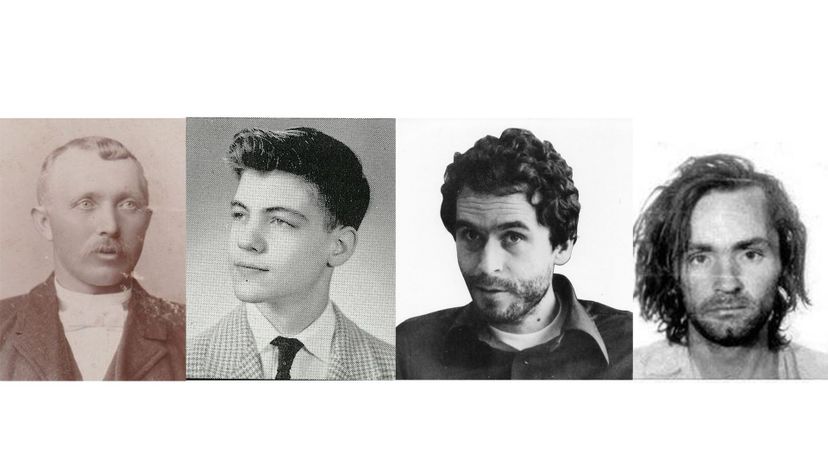
About This Quiz
They're famous for the crime but the morbid fascination begins in asking the question: who did it? In the end, most people want to know about criminals because they look like regular people you see on the street. What if you were in the same room as them? Don't worry, these famous criminals are already put away, but let's see how many of them you recognize!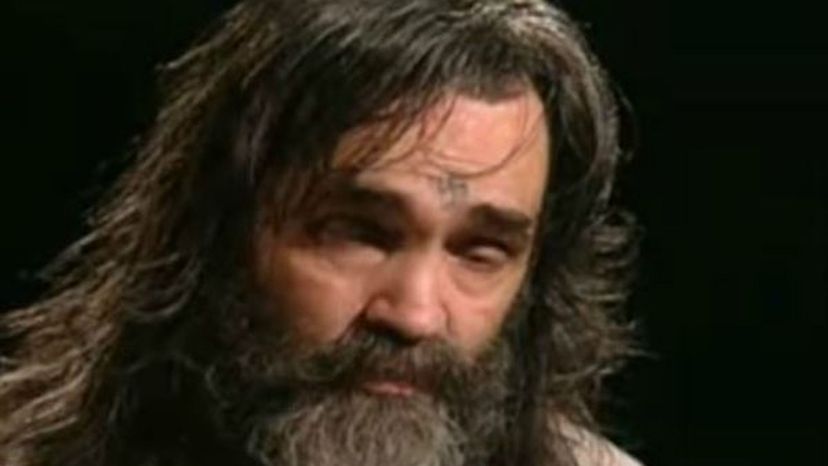
Charles Manson was responsible for one of the most notorious killing sprees in American history, although he did not commit the murders himself. In the late 1960s, Manson became the leader of a cult known as the Manson family, and he convinced them that he was Jesus. He was obsessed with the Beatles song, "Helter Skelter" and determined to try and start a race war in America. To do this, he had his followers kill Hollywood actress Sharon Tate, who was pregnant at the time, as well as a number of other victims. They then wrote the word "Pig" on a door in the victim's blood. Other murders followed. Manson and his gang were arrested, not for the murders but for vandalizing Death Valley National Park, where they lived. One member of the Manson family, Susan Atkins, confessed and Manson and the others were jailed. Manson was sentenced to life imprisonment and has been denied parole 12 times, as of 2012.

Although he was connected to over 30 murders, Ted Bundy could have been involved in much more. It is widely believed that Bundy started his killing spree around 1974. Bundy would sit in his car, a VW Beetle, pretend to be injured and lure his victims in. He would then rape them and beat them to death. Bundy was arrested for kidnap in 1975 and jailed. While in jail, he was accused of the murder of another victim. After appearing in court, where he defended himself, Bundy escaped but was caught a little over a week later. He then escaped from jail, managing to get all the way to Florida before he was caught again, but not before committing two more murders. He was eventually executed in 1989.
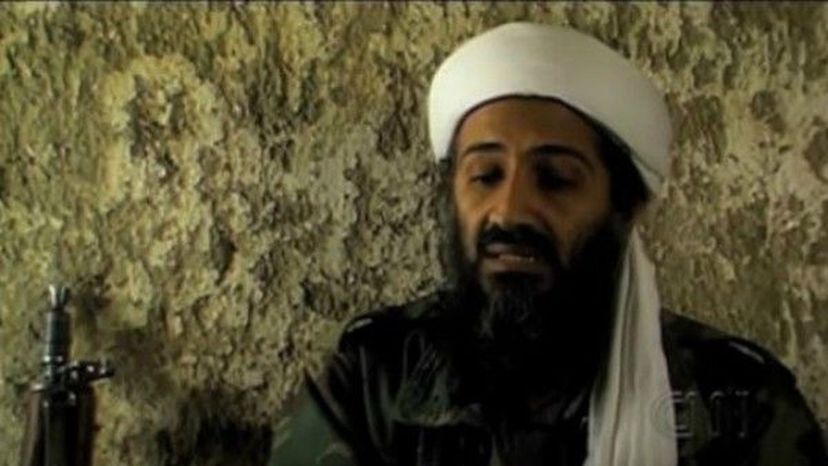
The leader of al-Qaeda, Osama Bin Laden was held responsible for a number of attacks on United States installations outside of the country before that fateful day of 9/11, including the bombing of its embassy in Kenya in 1998. But it was the co-ordinated attacks on New York and Washington, for which al-Qaeda claimed responsibility, that led to the States invading Afghanistan to hunt Bin Laden down. After searching for him for years, he was finally tracked to a compound in Islamabad, Pakistan. Bin Laden was killed in the ensuing raid and his body was buried at sea.
Advertisement
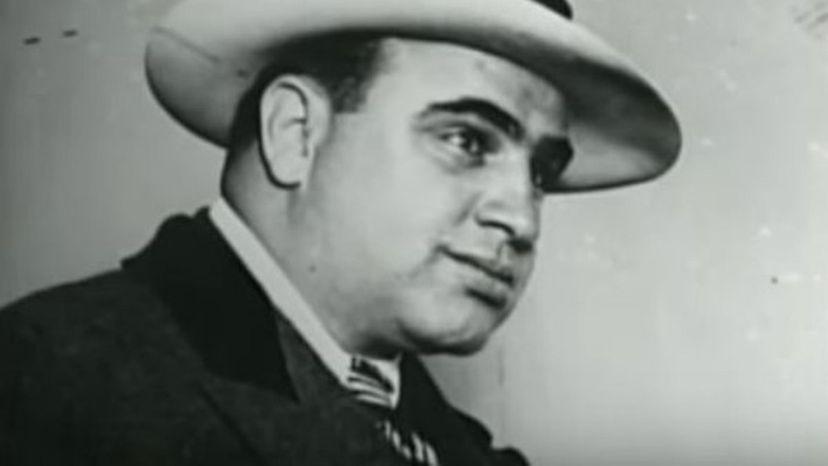
"Scarface." Perhaps one of the most famous criminals in U.S. history. Al Capone came from an immigrant Italian family. After he was expelled from school at the age of 14, Capone fell under the win of gangster Johnny Torrio. Capone moved up through Torrio's gangs, eventually becoming a member of the Five Points Gang. During a fight in a saloon, Capone was cut on the cheek and earned his nickname. Torrio went to Chicago to expand his racketeering empire and Capone went with. He eventually succeeded Torrio as boss and built up his huge criminal empire, taking out rivals along the way. Capone was eventually arrested for tax evasion and spent seven years in jail. He was paroled in 1939 and died in 1948.
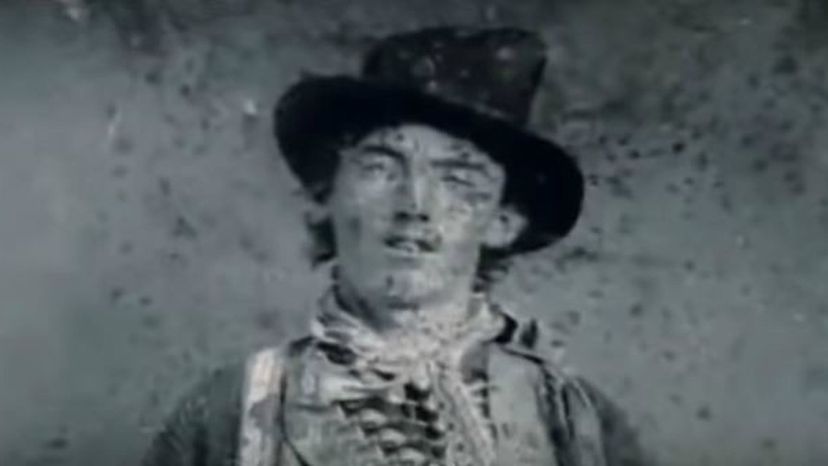
Born William Henry McCarty, Jr., Billy the Kid had many other aliases, including William H. Bonny. After the death of his parents while a teenager, Billy became a petty thief. He eventually became a gunfighter for a gang and legend has it that he killed 21 people. On further investigation over the years, this number is probably far lower. Billy was eventually killed by Sheriff Pat Garrett. He was just 21 when he died.
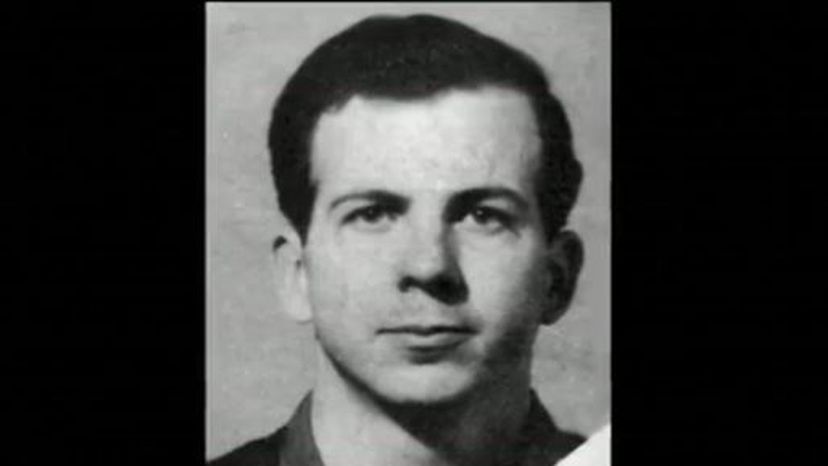
One of the most famous assassins in history, Lee Harvey Oswald was charged with killing President John Kennedy in Dallas in 1963. Although he maintained his innocence, Oswald had military training, was an above average marksman and had leanings towards socialism. Between 1959 and 1962, Oswald lived in Moscow where he took a Soviet wife. Oswald was killed two days after Kennedy's assassination by nightclub owner, Jack Ruby.
Advertisement
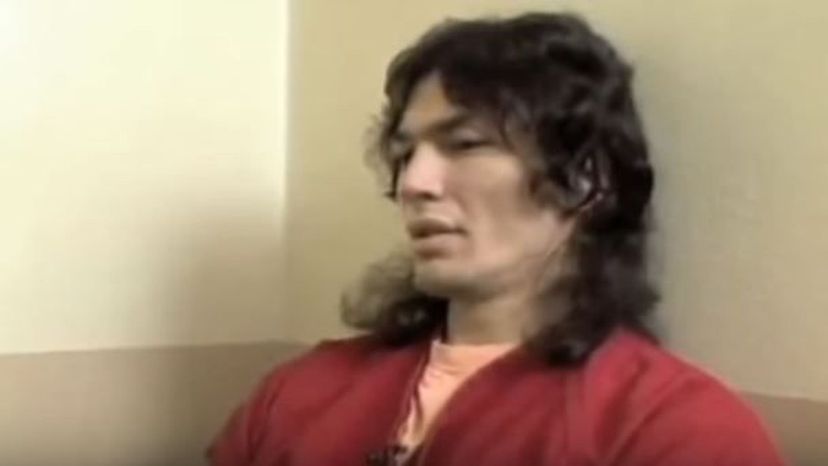
The "Night Stalker" Richard Ramirez would break into the homes of his victims, torture and rape them. He ended up killing 13 of his 25 known victims. He started his spree in 1984, which lasted until 1985. He was eventually tracked down, thanks to the police identifying his stolen car and finally getting some positive identification on him which was circulated to the public. He was arrested and saved from a mob after a failed carjacking. His trial took four years, but eventually he was convicted of 43 charges and received 19 death sentences. He remained on death row for 23 years before dying of cancer-related complications.
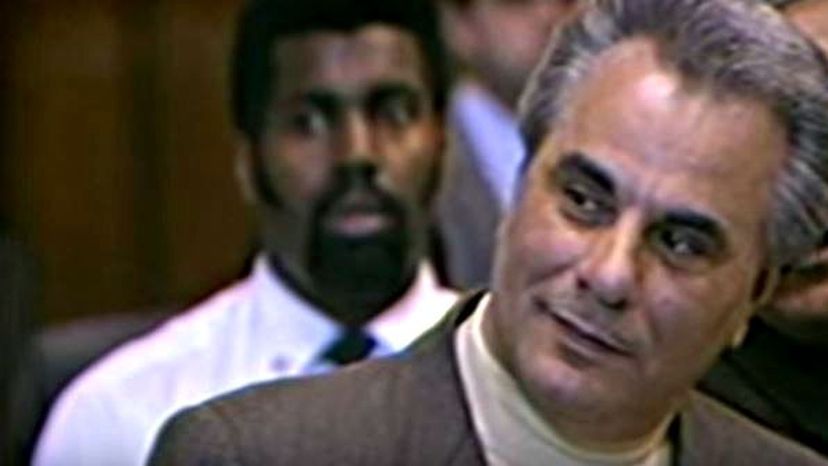
The former head of the Gambino crime family, John Gotti came into power by having his then boss, Paul Castellano, killed, which allowed him to seize power. Under Gotti's control, the family grew in power, raking in over $500 million during his reign. Gotti ruled with an iron hand and is said to have killed at least 40 people himself while ordering the death of anywhere from 600 to 1,100 others. Gotti was eventually sold out by his underboss, Sammy Gravano, and received a life sentence. He died in jail in 2002 from cancer.
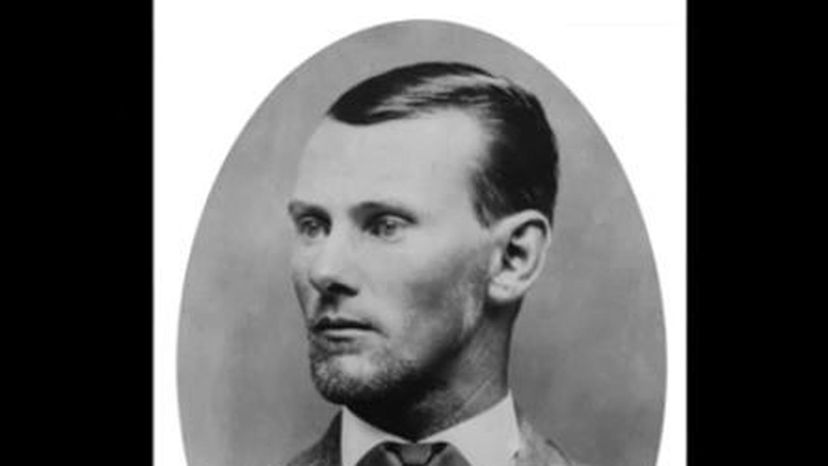
A notorious criminal from the Old West, Jesse James was part of the James-Younger gang in Missouri. James and his brother Frank left the Confederate Army to become outlaws, robbing banks, stagecoaches and trains. Over a period of more than twenty years, they were responsible for a host of robberies amounting to around $200,000. Their notoriety led to a massive reward for their capture and, in 1882, James' own gang members turned on him. James was shot in the back of the head by henchman Bob Ford and died instantly.
Advertisement
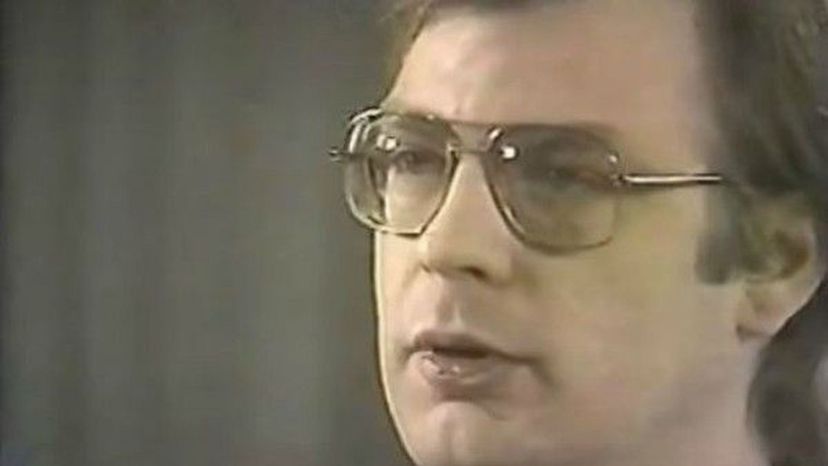
Jeffrey Dahmer was one of the United States' most notorious criminals. In a 13-year span, from 1978 to when he was captured in 1991, Dahmer murdered 17 male victims. Not only that, but he often dismembered his victims or performed sexual acts on them. In some cases, he even kept body parts of his victims and cannibalized them. There was a 9-year gap between his first and his second victim. In this time, Dahmer was arrested twice for indecent exposure and had numerous other close calls with the police before he was finally caught in 1991 after an intended victim, Tracey Edwards had escaped from his clutches. He was convicted and was sent to jail to serve 16 life terms but was killed in prison in 1994 by a fellow inmate.
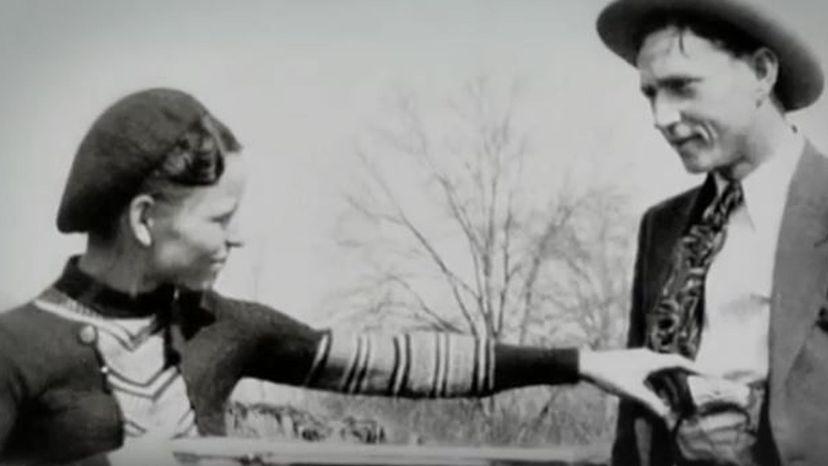
Half of the infamous Bonnie and Clyde, Bonnie Parker fell in love with criminal Clyde Barrow in 1930, later even helping him to break out of jail by smuggling in a gun. Soon she entered a life of crime with Barrow when the pair formed a gang and went on a crime spree, mostly involving armed robbery. Parker was captured during a failed robbery attempt in 1932 but released after she said she was kidnapped and before anyone had worked out she was part of the gang. Parker loved writing poetry and penned many pieces while awaiting trial. She eventually died with Barrow in a hail of bullets during a police ambush in 1934.
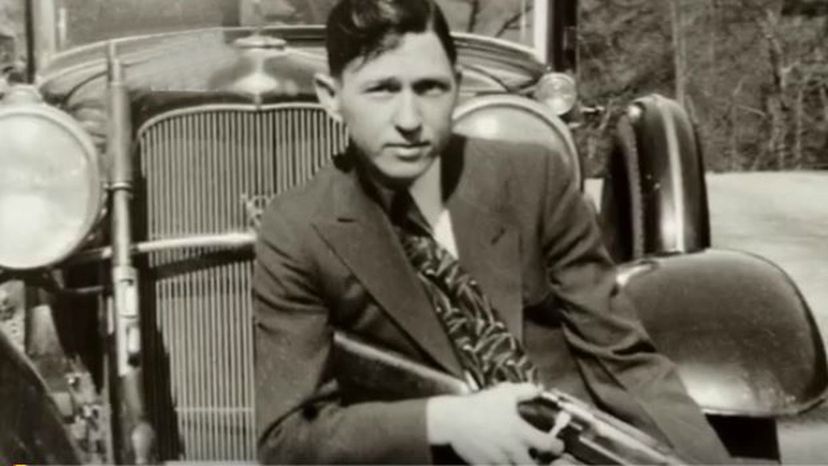
One-half of the infamous Bonnie and Clyde, Clyde Barrow was born into a poor family. Influenced by his brother, Barrow entered a life of crime after leaving school at 16. Starting with thievery, Barrow quickly moved onto stealing vehicles and then armed robbery. By the time he was 20, he was a wanted fugitive. After meeting Bonnie Parker and falling in love, Barrow was arrested but with Parker's help, he escaped jail only to be arrested again. This time, his mother had arranged for his parole. Reunited with Parker, the pair formed a gang and went on a crime spree which eventually ended in both their deaths in 1934.
Advertisement
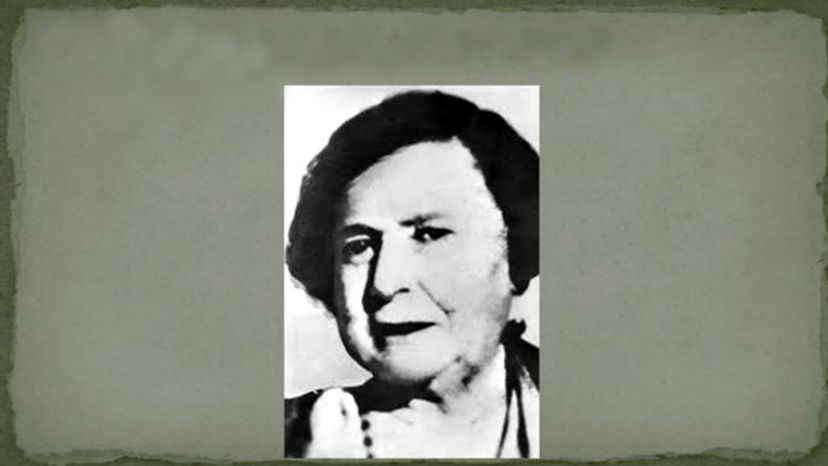
As the head of the Barker-Karpis Gang, Kate Barker, or "Ma" as she was known, was responsible for kidnappings, bank robberies and even murders over a four-year period from 1931 to 1935. She formed the gang with her four sons, all notorious criminals for much of their lives. Barker was eventually killed in a shootout with the FBI in Florida.
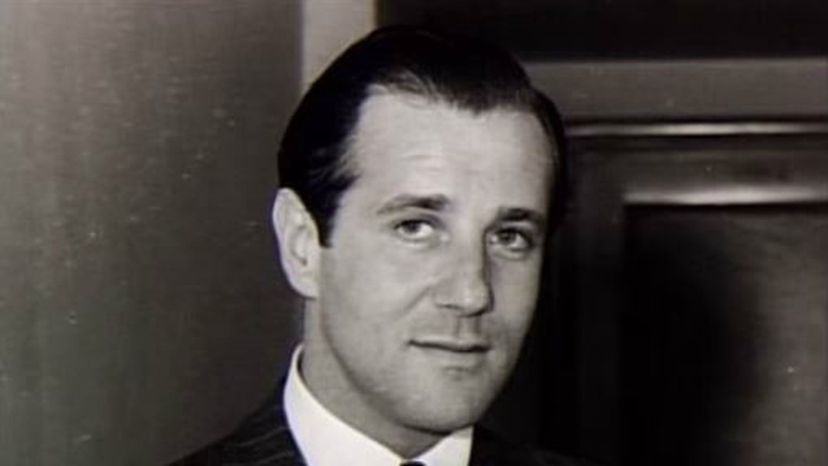
Benjamin "Bugsy" Siegel entered a life of crime at an early age, later becoming an infamous crime boss. He acquired his nickname at school but hated it! Siegel had ties with other leading crime bosses, including Lucky Luciano. He was friends with a number of Hollywood actors and singers, including Carey Grant and Frank Sinatra. Siegel was never booked for a serious crime in his life, despite his known dealings as a gangster. He was involved in the beginnings of Las Vegas but died before he could see it become successful. Siegel was murdered in 1947 and no one has ever been charged with his death.
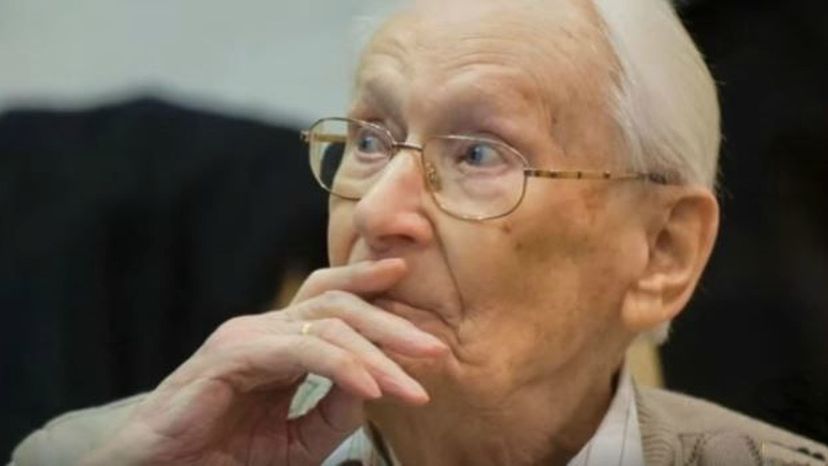
In 2015, Oskar Groening, a former guard at the Auschwitz death camp, was convicted of being an accessory to 300,000 murders of Jewish inmates. Known as the "Bookkeeper of Auschwitz," Groening was tasked with sorting the possessions of victims of the gas chambers, as well as counting the money confiscated from them. Groening talked in detail about his duties, admitting a moral guilt. The 95-year-old was sentenced to four years in prison.
Advertisement
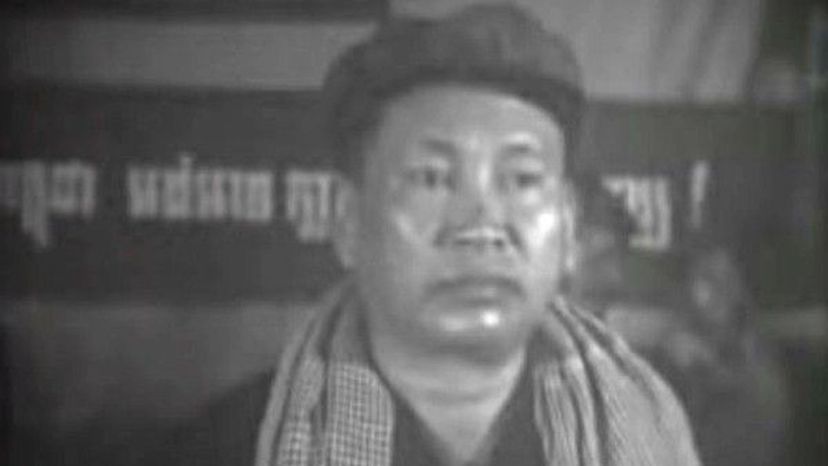
Pol Pot was the infamous leader of the Khmer Rouge in Cambodia, it is thought that over 2 million people died during their grip on power, between 1975 and 1979. They were displaced from power, thanks to an invasion by Vietnam, and fought a Guerrilla war thereafter. Pot, also known as Saloth Sar, was never brought to justice for his crimes against humanity. He died in 1998.
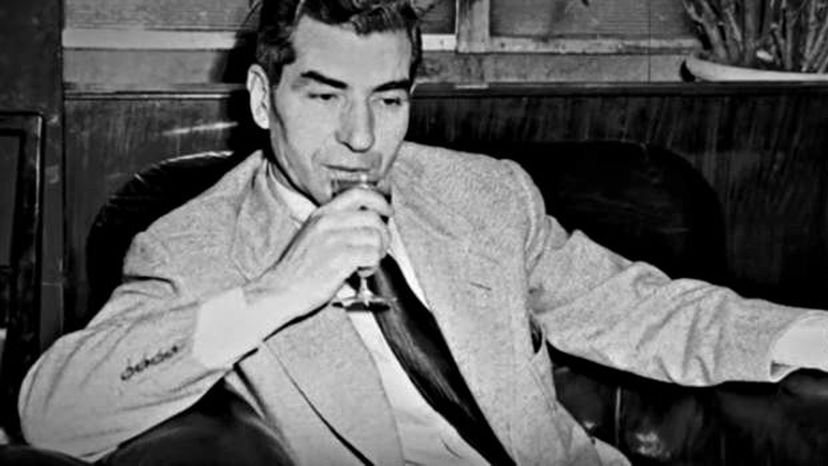
It was under the leadership of Lucky Luciano that the Mafia as we know it today started to take shape. Luciano helped turn small, petty crimes into a larger, organized enterprise capable of bringing in some serious cash. He also helped set up five crime families in New York, with himself at the head. This brought him to the attention of the authorities and, in 1936, Luciano was arrested and slapped with 62 charges against his name. He was sentenced to between 30 and 50 years in prison and deported in 1946. The following year he tried to set up a base of operations in Cuba, but he didn't have the same influence as earlier. He returned to his homeland and died in Naples in 1962.
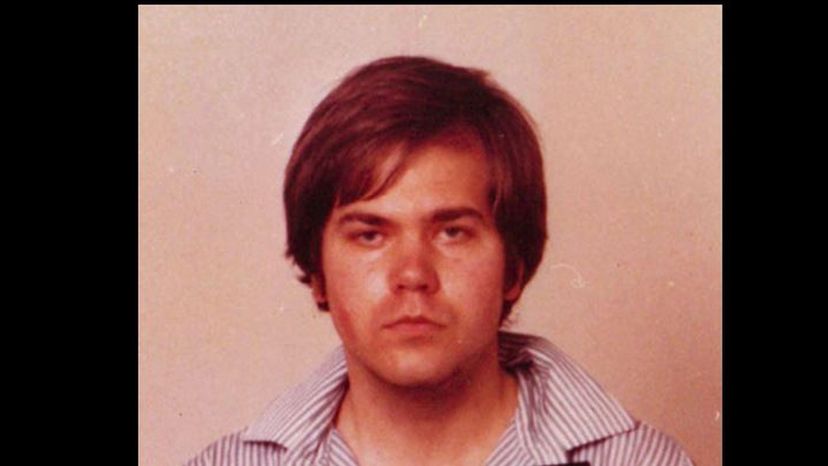
In 1981, John Hinckley, Jr attempted to assassinate then-President Ronald Reagan. He wounded Reagan, Press Secretary James Brady, a secret service agent and a police officer. It was not his first run-in with the law, as earlier in the 1970s he had stalked actress Jodie Foster. Hinckley was declared insane and lived in an institution until he was released into the care of his mother in 2016.
Advertisement
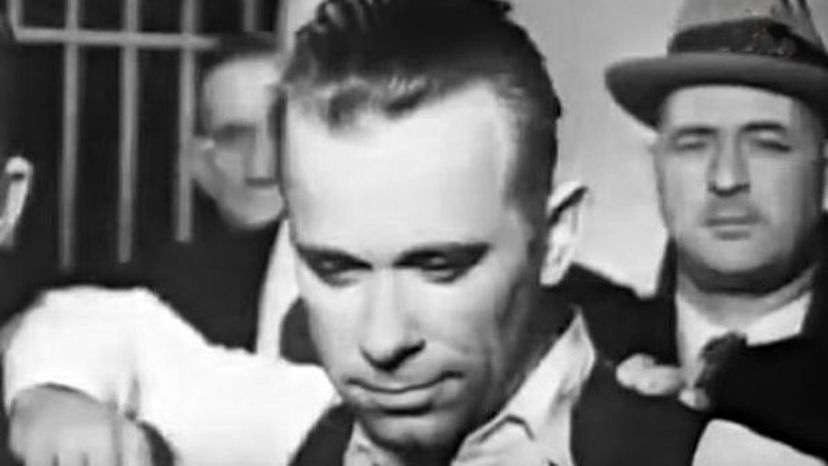
Born in Indiana in 1903, John Dillinger entered a life of crime early, first through petty theft. At the age of 21, Dillinger robbed a grocery store but was apprehended by authorities. He spent time in jail for his crime and, upon his release, he moved to Chicago. Dillinger set up a crime syndicate that operated in numerous states over the next couple of years. He became a national celebrity, with brands such as Ford and Hudson using his fame to drive sales. Dillinger underwent facial reconstruction surgery to try to hide his identity and even burnt off his fingerprints. He was eventually killed in an ambush in 1934 with the FBI, after they received information from Dillinger's friend, Ana Sage.
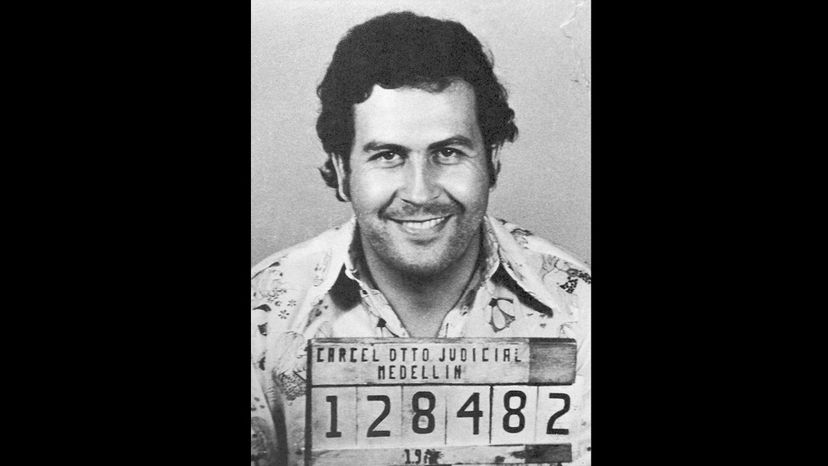
Possibly the most famous drug kingpin in the world, Pablo Escobar started out in the drug trade in the 1970s in Columbia. He was the mastermind behind the Medellin cartel, a collaboration of Columbian drug lords. Soon, over 80% of cocaine going to the United States was at Escobar's command. He turned to a life of crime from an early age, first as a street thief before moving up the ranks. In the 70s, he saw potential in the cocaine market and effectively took it over, killing when he needed to. In his prime, over 15 tons of cocaine were moved into the U.S. each day for profits of $420 million a week. His fortune quickly escalated to at least $30 billion. Eventually, Escobar was jailed, but he escaped and was shot dead in 1993.
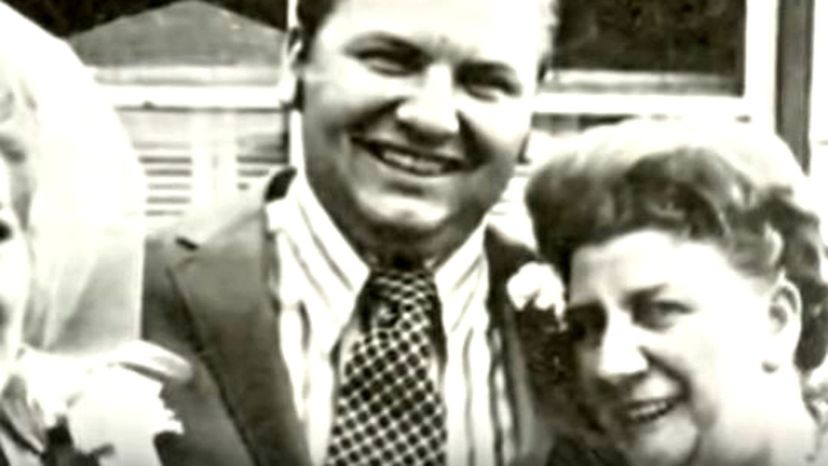
Many from his community were shocked when John Wayne Gacy was arrested for the disappearance of Robert Piest in 1978, Gacy, who owned a construction company, was a respected person in his community. But Gacy had a dark side no one knew about. After a previous conviction for sexual assault in 1968, he went on to kill 33 young men or boys in the next decade, burying them under his house. He was found guilty in 1980 and sentenced to death. Gacy was executed in 1994.
Advertisement
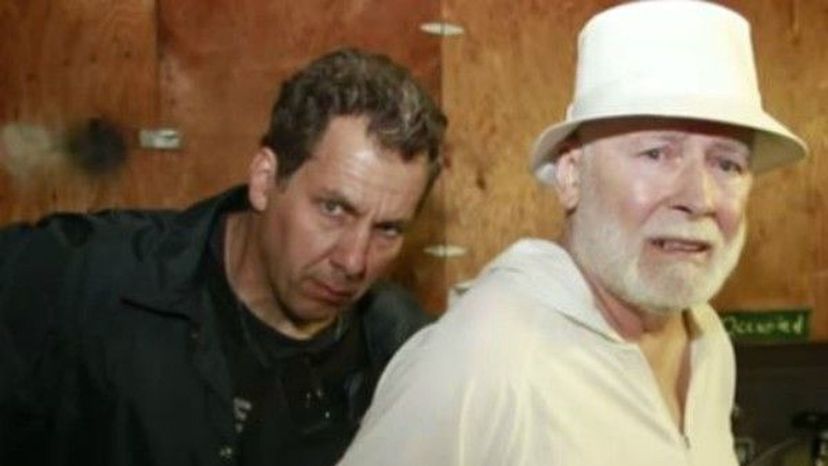
Involved in organized crime in the Boston area in the 1970s, '80s and '90s, Whitey Bulger also acted as a police informant. He was forced to flee the area in 1995 and was eventually captured in 2011. It is alleged Bulger was involved in 19 murders as well as other organized crime dealings, including money laundering, extortion and drugs. After his capture, he was convicted of 11 murders and a host of other charges. He was sentenced to jail to serve two life sentences. Incidentally, Bulger hated his nickname and preferred to be called "Boots."
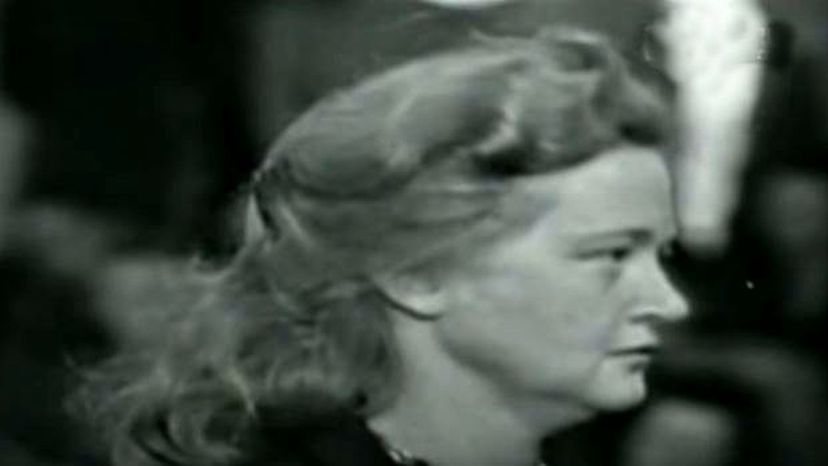
Known as "The B*tch of Buchenwald," Ilse Koch was the wife of the Buchenwald Nazi death camp commander. Koch is said to have identified prisoners in the camp with tattoos and made lampshades, book covers as well as gloves from the skin she collected. She always maintained that it was not human skin but goatskin. Koch was charged in 1947 with war crimes by the U.S. authorities. Here initial sentence was reduced, due to lack of evidence that she had made lampshades out of human skin. Public pressure meant she was re-arrested and tried by a West German court. This time she was sentenced to serve life. Koch committed suicide in prison in 1967.
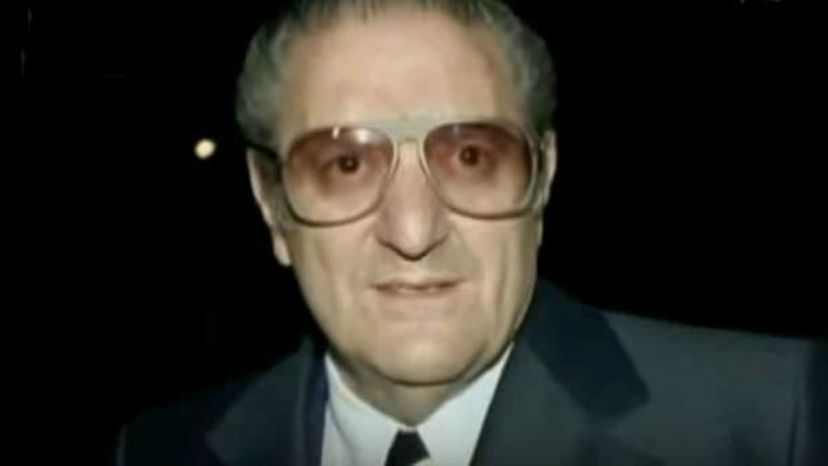
Paul Castellano ran the Gambino crime family after the death of Carlo Gambino in 1976. He was known never to give information to the police that could bring down fellow gangsters and even served time in jail because of it. He married into the Gambino crime family in 1937 and rose through the ranks, helping to run money-making operations like the rigging of construction bids, the infiltration of unions and corruption in political circles. Once the head of the family, Castellano took a low profile, but government agents managed to tap his home phone and collect evidence on family activities. He was arrested in 1984 but released after paying $2 million in bail. Castellano died in a hail of bullets in 1985 at the hands of John Gotti's henchman, which allowed Gotti to take over the family.
Advertisement
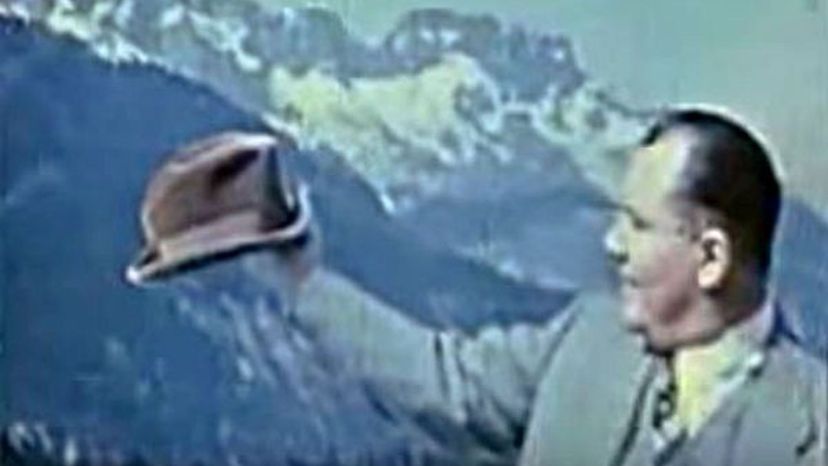
Hitler's private secretary and the head of the Nazi Party Chancellery, Martin Bormann had extensive influence in Germany after the rise of the Third Reich. As the war drew to a close, the Nazis knew that all was lost. Hitler decided to take his own life, while Bormann attempted to escape the Soviet troops encircling Berlin. For years, what actually happened to Bormann remained a mystery. Rumors said he had been killed in Berlin, while other said Bormann had escaped to Argentina. In 1972 two skeletons were dug up in Berlin. After DNA testing in 1998, one was positively identified as Bormann.
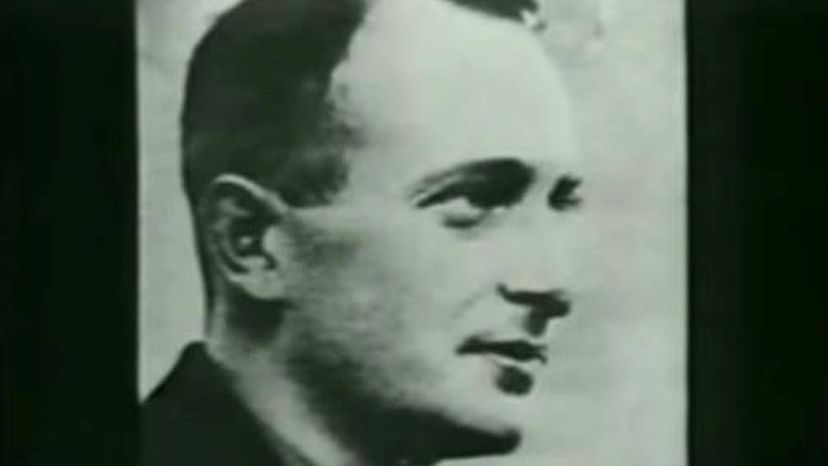
Adolf Eichmann played a critical part in the Nazi plan to exterminate the Jews -- the "Final Solution," as it was known. Although this started with deportation, by 1941 it had evolved into death camps where Jewish prisoners from all over Europe were held in atrocious conditions and exterminated in gas chambers. Little was known about Eichmann by Allied intelligence and, although he was in U.S. custody after the war, he escaped, making his way to Argentina. In 1960, Eichmann was kidnapped by Mossad agents from Israel. He stood trial in the country for his crimes and was found guilty. He was executed in 1962.
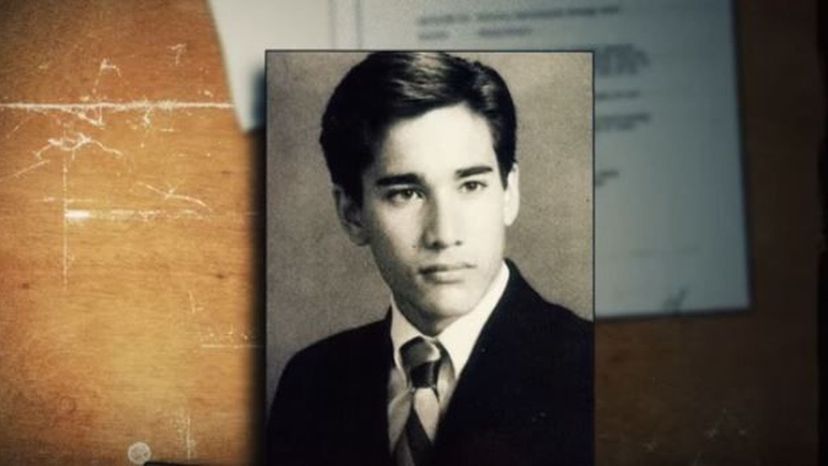
After murdering five people, the most famous being fashion designer Gianni Versace, Andrew Cunanan committed suicide in Miami in 1997. The motives for his murder spree were never known. Cunanan had a history of violence, including dislocating his mother's shoulder after she shouted at him when he came out as gay. He also watched and acted in violent adult movies. It was initially thought that he was diagnosed HIV positive, something that then fuelled his murder spree. This was debunked, however, when an autopsy showed him to be HIV negative.
Advertisement
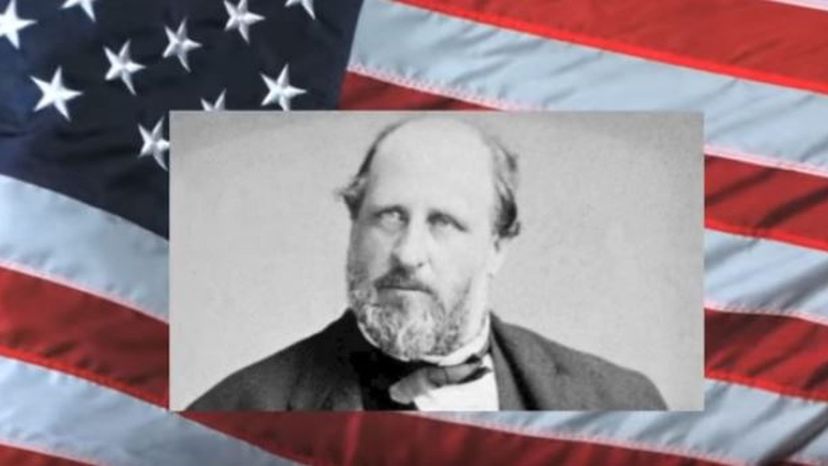
William "Boss" Tweed entered politics in New York City in the mid-1800s. He quickly rose up the ranks of the Democratic Party, becoming more and more powerful as the leader of Tammany Hall, a political organization linked to the party. Tweed was corrupt to the core. By using people he trusted in key positions, he took control of the city government. As an example, although he wasn't a lawyer, Tweed opened a law office. He then received massive payments from businesses for his "legal services," which for all intents and purposes were extortion kickbacks. He even gained control of the treasury of New York, allowing him access to large amounts of money. He was arrested in 1873 for forgery but was released, only to be arrested again in 1875. Tweed escaped jail and fled to Spain, via Cuba. Eventually, he was recaptured and sent back to a New York jail, where he died from pneumonia in 1878.
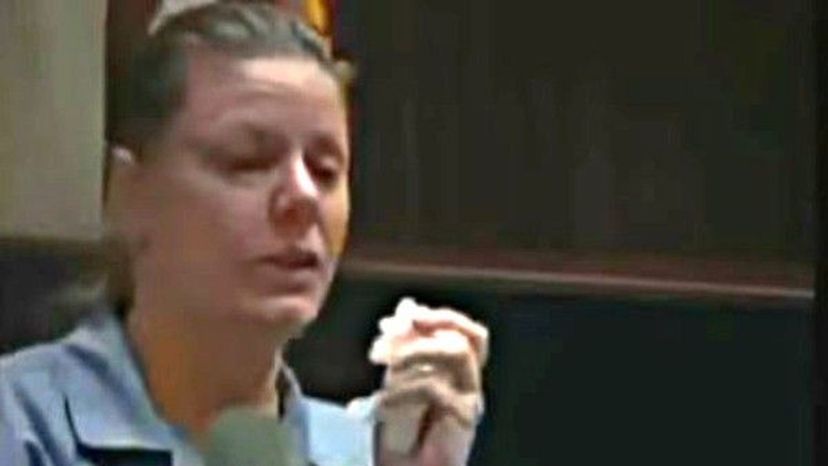
Aileen Wuornos, the subject of the Hollywood movie, "Monster," admitted to killing six men between December 1989 and September 1990. Wuornos worked as a highway prostitute and claimed the men tried to rape her and that she acted in self-defense. Her lover, Tyria Moore, made a deal with the state and managed to get Wuornos to confess to all the murders during a phone call. She was found guilty and was eventually executed in 2002.
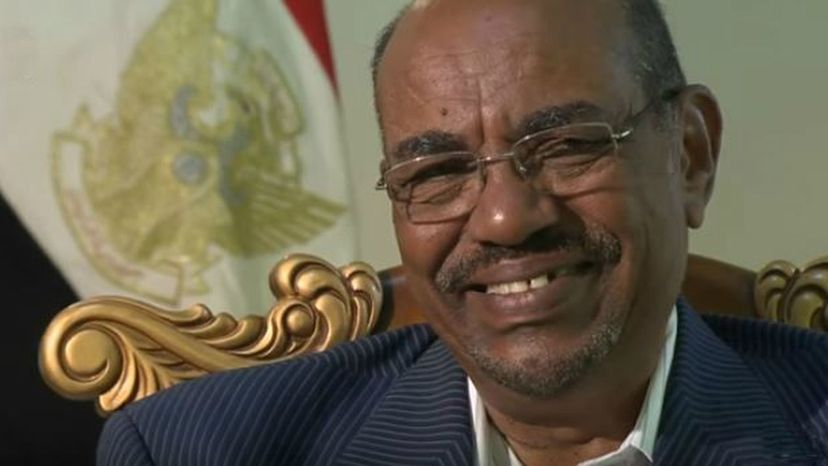
Omar al-Bashir, the president of Sudan, has two warrants of arrest against his name, issued by the International Criminal Court. Al-Bashir is charged with genocide, crimes against humanity (including murder and rape) and various war crimes. Bashir should have been arrested in South Africa when attending an African Union summit in 2015 but the South African government chose not to, allowing him to leave the country. He remains at large.
Advertisement
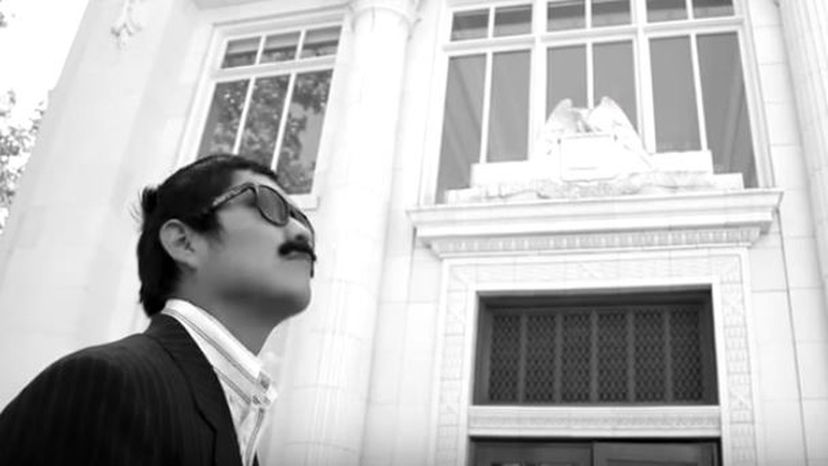
"Slick" Willie Sutton was a notorious bank robber, operating in the United States over a number of decades. Sutton, who never killed anyone during his time as a criminal, pulled off some major heists, including robbing H&L Gross Jewelry Store in New York of $30,000 in 1930, J.Rosenthal & Son Jewelry Store of $129,000 in the same year, and the Corn Exchange Bank of $23,000 in 1933, to name a few. Sutton was arrested and escaped on numerous occasions, but in 1952 his time was up. His final arrest saw him sent to prison for between 30 and 120 years. He was released in 1969 for good behavior and due to his failing health. Sutton died in 1980.
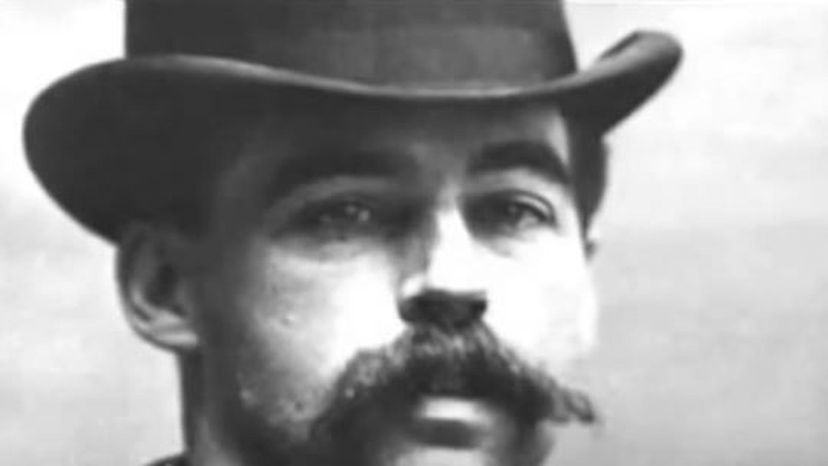
H.H. Holmes is widely regarded as one of the first serial killers in the United States. Referred to as the "Beast of Chicago," Holmes admitted to killing 27 people, although the number is thought to be over 100 and could even be close to 200. He moved to Chicago in 1886 and worked in a pharmacy. Holmes took over the practice when the owner of the establishment suddenly vanished. In this building, Holmes would torture his victims. He used the building as a residence for visitors to the 1893 Columbian Exposition. Many of these visitors simply disappeared. Holmes also ran insurance scams and this led to his capture. He was tried for insurance fraud and later for the murder of his accomplice, Benjamin Pitezel. It was during his time in jail that he admitted to 27 murders. He was hanged in 1896.
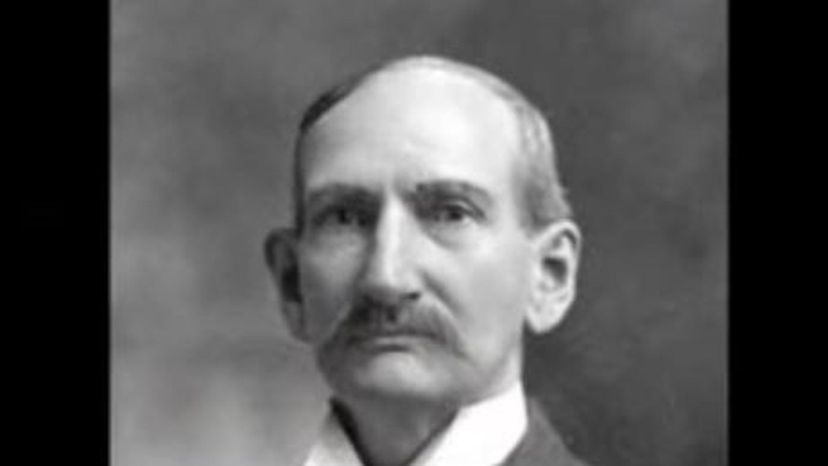
Together with his brother Jesse, Frank James served with the Confederates during the American Civil War. It was after the war that the pair became notorious outlaws, responsible for a number of bank and stagecoach robberies. Most of the gang were killed during an ill-fated robbery in Northfield, Minnesota, but the brothers escaped until Jesse was killed by a new henchman. Frank eventually gave himself up to authorities. After spending time in jail awaiting trial, Frank was acquitted and worked a number of jobs before his death in 1915.
Advertisement
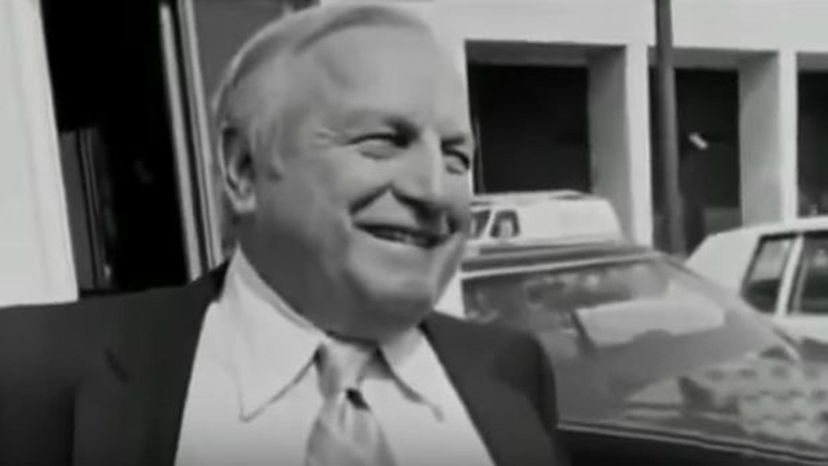
A crime boss in New Orleans, Carlos Marcello was known as "Little Man." An associate of Jimmy Hoffa, Marcello was been linked to the death of John F. Kennedy. He was investigated by the F.B.I., who found no evidence that he was involved, although he had made threats due to continual harassment by Robert Kennedy. Marcello was jailed in 1966 but only served six months of a two-year sentence for consorting with known criminals. He was jailed again and served six years before his release, due to poor health. He died in 1993.
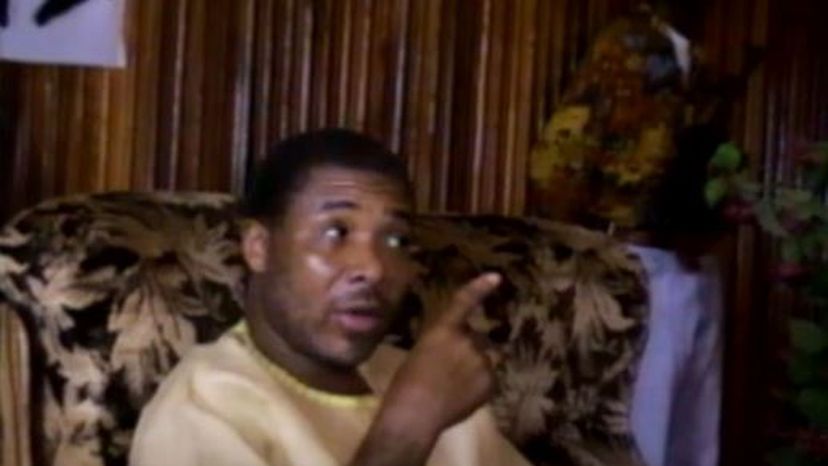
The leader of the National Patriotic Front of Liberia, Charles Taylor became the president of the country in 1997 after a period of civil war that saw over 150,000 people killed. Accused of war crimes, including the use of child soldiers and enslavement, Taylor went into exile in Nigeria after resigning as president. He was arrested in 2006 and stood trial at The Hague in the Netherlands. In 2012 he received a 50-year prison sentence, which he is currently serving in the United Kingdom.
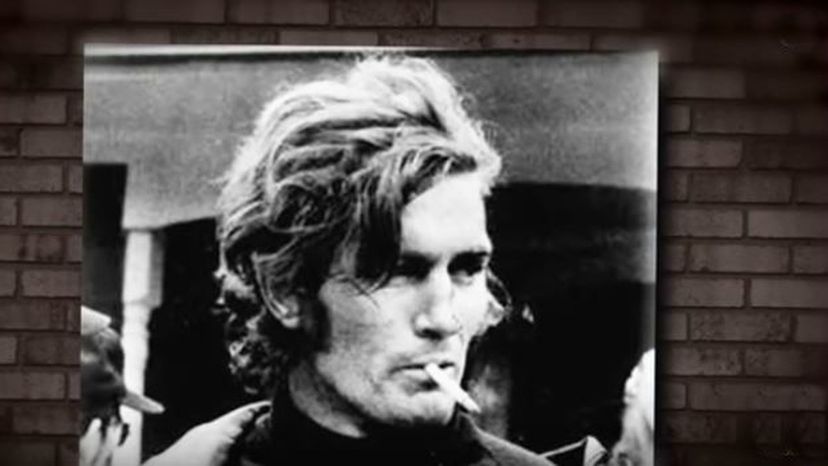
Christened the "Casanova Killer," Paul Knowles murdered between 18 to 35 victims in 1974. After resorting to a life of crime from an early age, Knowles spent time in jail in the early 1970s, where he corresponded with a woman. He told her he wanted to marry her, prompting her to help him with legal fees to secure his release. After visiting her and being rejected, Knowles went to Florida and was jailed for stabbing a bartender. He escaped prison and went on a killing spree with 18 official murders (with Knowles claiming 35). Most were killed by stabbing or strangulation, while some victims were raped and robbed. Knowles was caught but again tried to escape while been transported to a maximum security facility. He was shot and killed in his attempt.
Advertisement
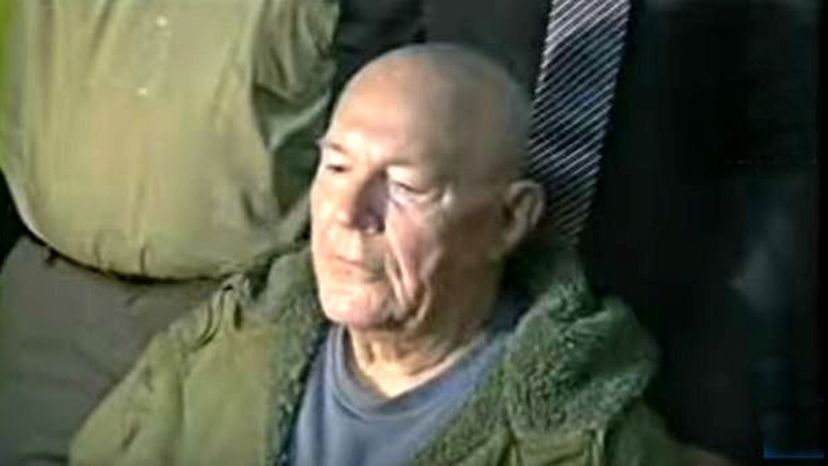
John Demjanjuk, born in the Ukraine was accused of being a Nazi collaborator during his time as a guard at the Sobibor death camp. A former soldier in the Soviet army, Demjanjuk was captured and made a guard by the Nazis where he was said to have been involved in the murder of close to 30,000 Jews at the camp. He was tried and convicted of the crimes in 2011 in Germany. He received the death sentence but appealed. He died in 2012 before the appeal could be heard and under German law retained a "not guilty" status.
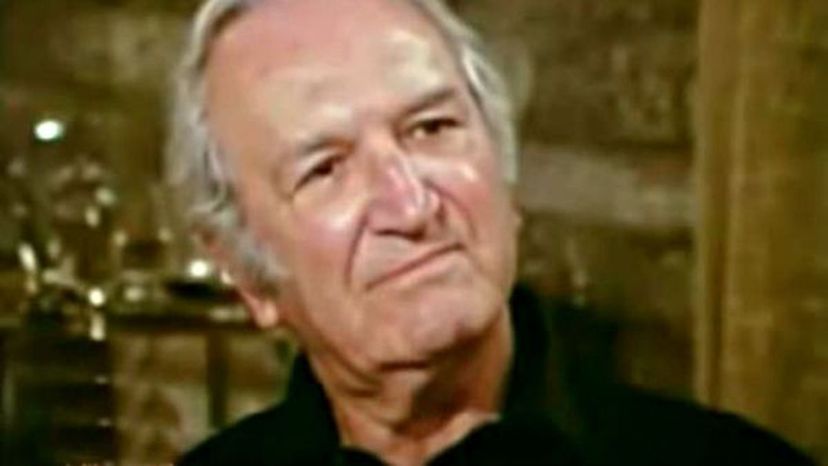
Often describing himself as a venture capitalist, Joseph Bonnano became a Mafia boss at the tender age of 26, leading one of the original five crime families in New York. After involvement in bootlegging in the 1920s, Bonanno joined the Maranzano crime family, where he quickly jumped up the leadership ladder. Eventually Bonnano would have his own crime family, with involvement in numbers, prostitution, bookmaking and loan shark activities. His legitimate enterprises included a cheese factory, coat factories, a funeral home and a trucking company. He was removed from power in the 1960s and his crime family split in two. After suffering a heart attack in 1968, he retired from family life. He died in 2002.
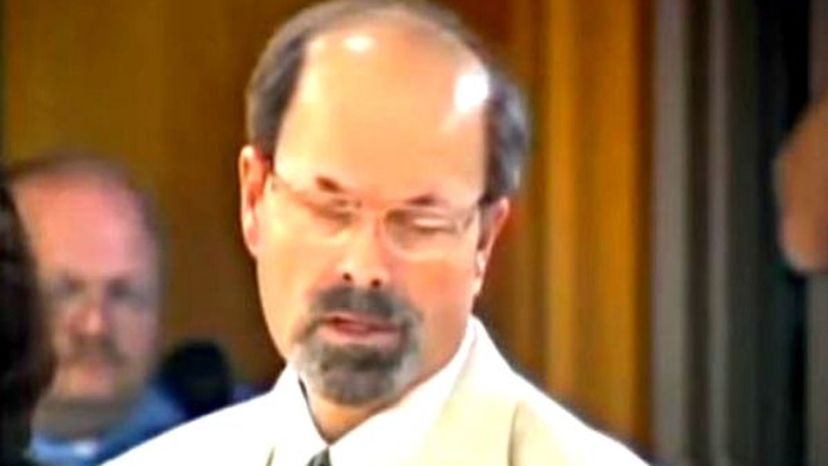
The "BTK Killer" Dennis Rader killed 10 people In Kansas over a period of 17 years, between 1974 and 1991. "BTK" stands for "bind them, torture them, kill them." He sent letters to both the police and media, boasting about his deeds, even after he stopped his murders in 1991. Police stayed in correspondence with Rader and eventually tracked him down through the information on a floppy disk and a Word document he sent them. This gave them his name, while DNA taken from his daughter also confirmed he was the killer. Rader was arrested in 2005 and is currently serving 10 life sentences in Kansas.
Advertisement
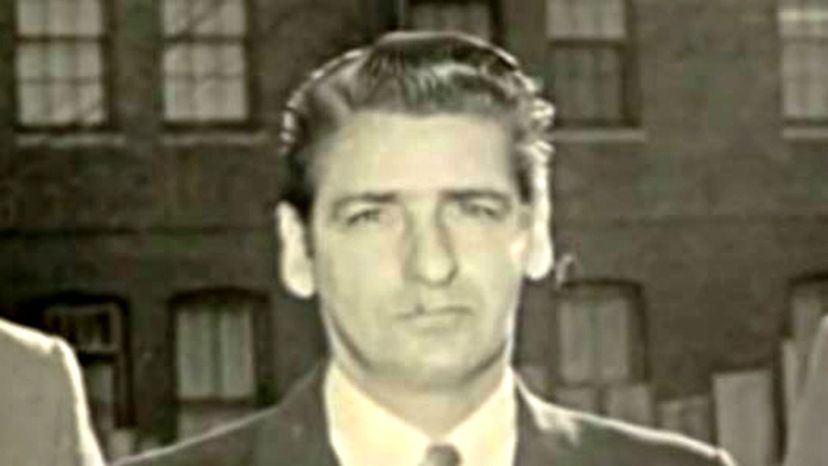
The "Boston Strangler" Albert DeSalvo admitted to killing 13 women in the 1960s. Most of his victims were elderly women who lived alone. DeSalvo, who had a history of breaking and entering, was arrested on a similar charge as well as tying up a victim who pointed him out during an identification parade. It was then that DeSalvo admitted to the other killings associated with the strangler. Although police didn't believe him at first, DeSavo knew details about victims and could describe their homes. In 1973, while serving time in jail, DeSavo wanted to meet with authorities to discuss important information. He was killed in prison the night before the meeting. Interestingly, the 'Boston Strangler' case was never officially closed.
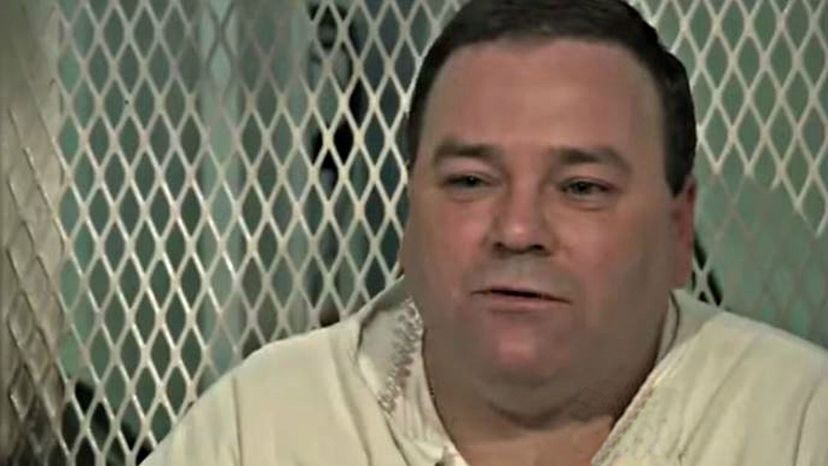
Tommy Lynn Sells, the self-proclaimed 'Coast to Coast Killer' was convicted of the murder of Katy Harris but claimed responsibility for at least 17 others over a 19-year period. Sells killed Harris in her home and left her friend Krystal for dead. Krystal survived, which led to his conviction. Sells was executed by lethal injection in 2014.
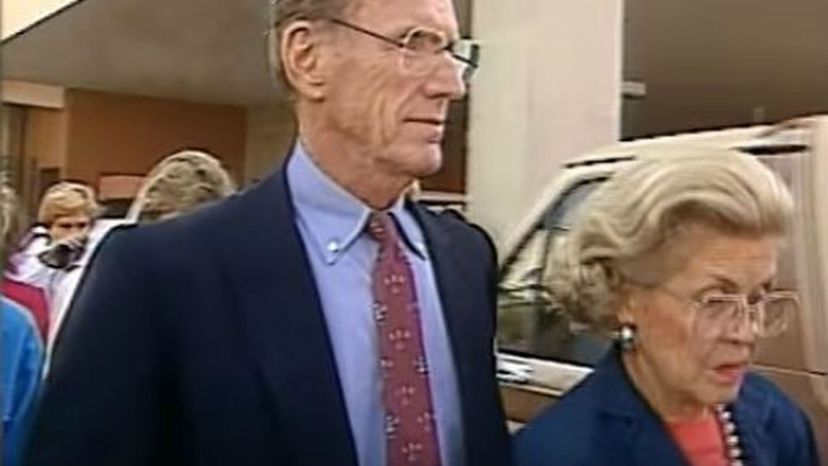
A former athlete, Charles Keating Jr. played a massive role in the savings-and-loan scandals of the 1980s. Lincoln Savings and Loan, a company purchased by Keating, lost over $3 billion when it failed in the late 1980s. It cost investors, mostly elderly residents of California, over $285 million. Keating was sentenced to 12 years in jail and only served 50 months. He always maintained his innocence.
Advertisement
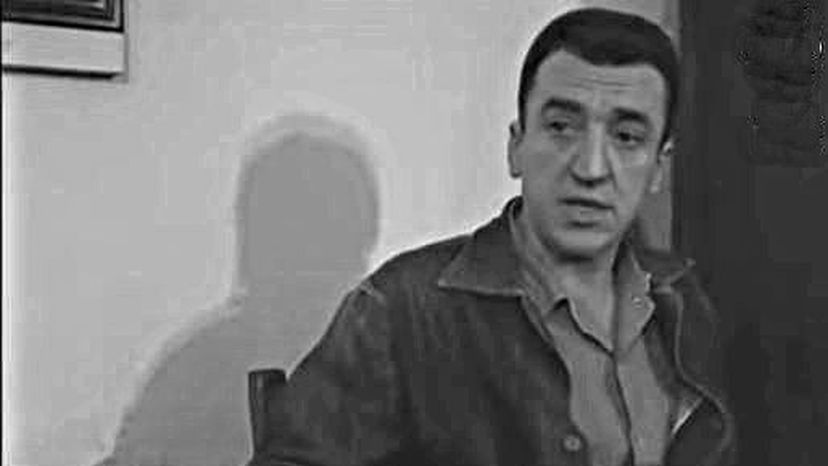
Branded the "Red Light Bandit," Caryl Chessman spent a large portion of his life in prison. After originally confessing to the crimes surrounding the case, Chessman recanted on his confession. The bandit had attacked people in lover's lane areas, robbing them, sometimes kidnapping females and even raping them. In 1948, Chessman was convicted of the crimes and sentenced to death. He was executed in 1960, despite dozens of appeals.
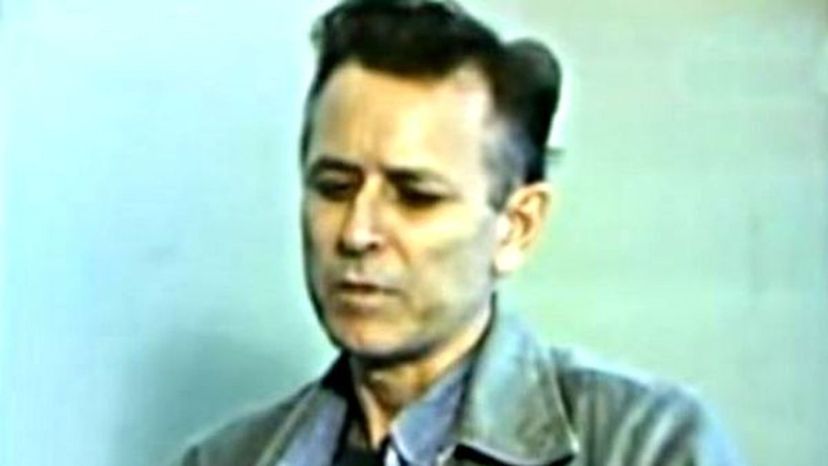
James Earl Ray assassinated Martin Luther King, Jr, the leader of the civil rights movement, in 1968. Ray, a minor criminal, shot him from a house near the balcony of the motel where King was staying. Ray fled to Canada, flew to London and was apprehended by police officers as he was about to fly to Brussels. He pleaded guilty, meaning a trial was not necessary, and received a 99-year sentence. He later recanted his confession and escaped from jail, but he was caught after three days on the run. Ray died from complications caused by Hepatitis C in 1998, at age 70.
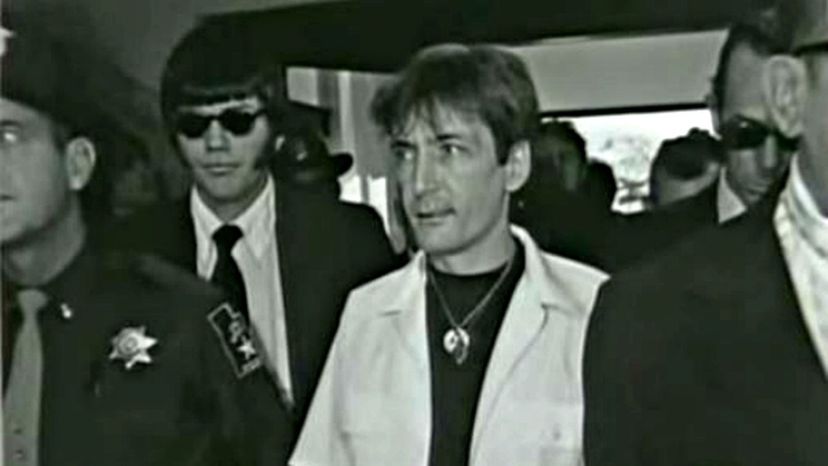
Gary Gilmore, who already had a history of convictions for robbery and assault, was arrested for the murder of Max Jensen, a service station attendant, and Ben Bushnell, a motel clerk, on 19 July 1976. Gilmore had injured his hand in the second killing, something noticed by a mechanic who was fixing his vehicle. He quickly alerted police and Gilmore was taken into custody. Although he admitted to killing both men, he was only tried for the killing of Bushnell. The trial lasted two days, with Gilmore found guilty. He chose to be executed by firing squad. This was carried out on January 17, 1977. His story inspired Norman Mailer's book, " The Executioner's Song."
Advertisement
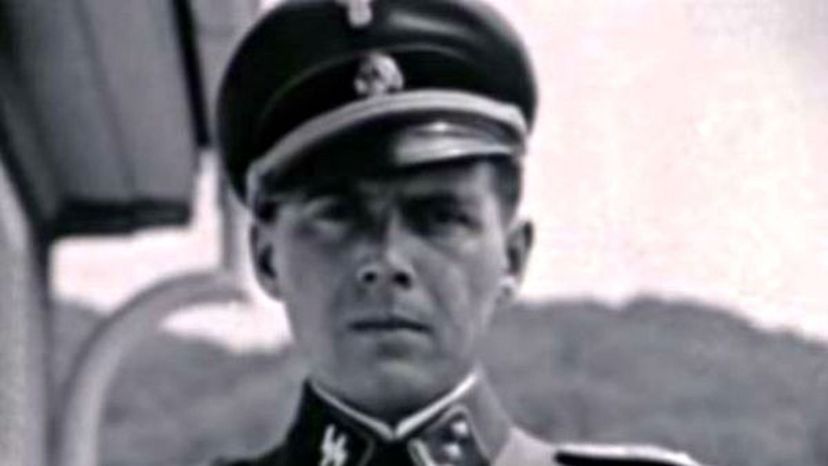
Dr. Josef Mengele was perhaps one of the most notorious Nazi war criminals. He served as the Chief Camp Physician at Auschwitz, where he performed hideous experiments on the inmates, even children. These included amputations, drug testing, atmospheric pressure testing and a host of others. Mengele was obsessed with experimenting on twins. After the war, Mengele worked in Bavaria under a false identity before he escaped to Argentina. He even traveled back to West Germany in the 1950s. He moved to Paraguay and later Brazil, where he died while swimming in 1979. He is thought to have suffered a stroke.
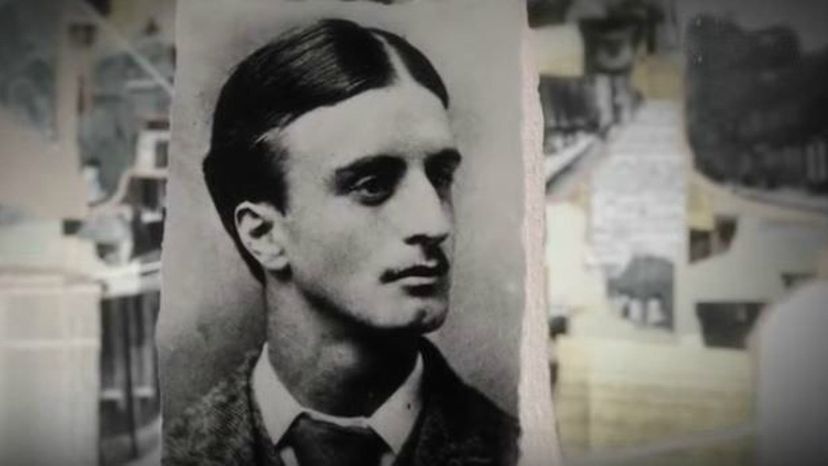
For a little over a month in 1888, the Whitechapel district in London was haunted by the killings and mutilation of five prostitutes. The murderer was never caught, but due to the way he performed his macabre mutilations, it seemed he knew something about human anatomy. He would become known as Jack the Ripper, thanks to a letter published in a local paper from someone claiming to be the murderer. Many people have been suspected as the Ripper but no conclusive evidence has ever been produced. And as quickly as they started, the murders ended. What became of Jack the Ripper? Well, no one really knows.
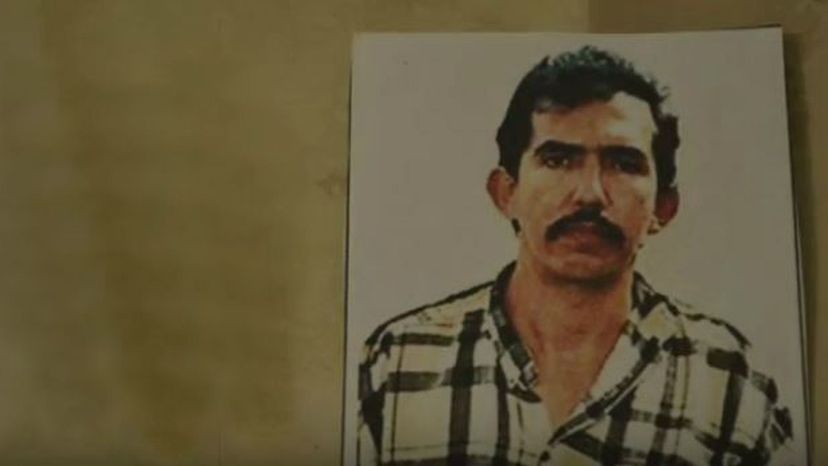
With a victim count of between 138 and 300-plus Luis Garavito was once described as the world's most deadly serial killer by local Colombian newspapers. Garavito went about his dark deeds between 1992 and 1999, with his victims being boys between the ages of 6 to 16, mostly peasants or street kids. He would rape his victims and sometimes torture them. Garavito was captured in 1999 and could only be sentenced to 30 years in jail, the maximum allowed in Colombia. Garavito was dubbed "The Beast" by local Colombian media. He could be released in 2021.
Advertisement